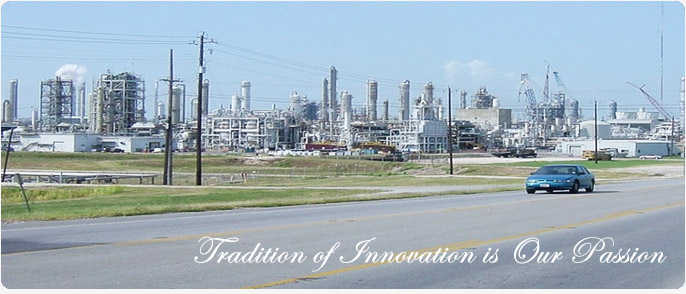
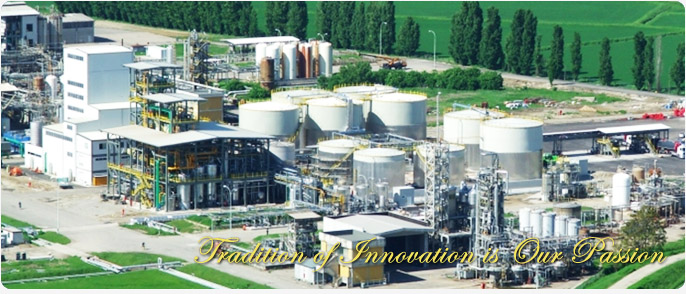
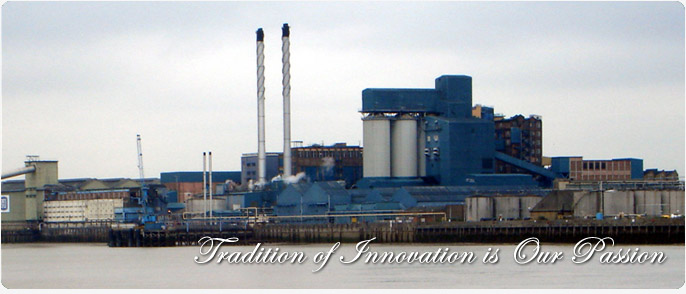
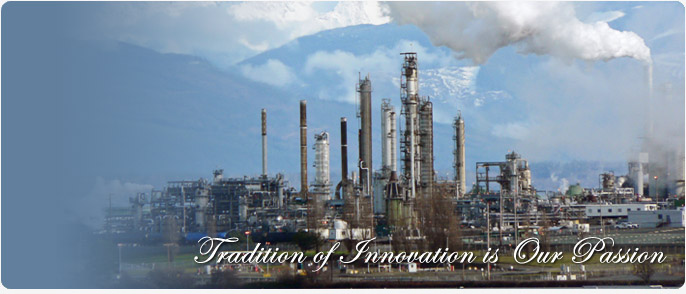


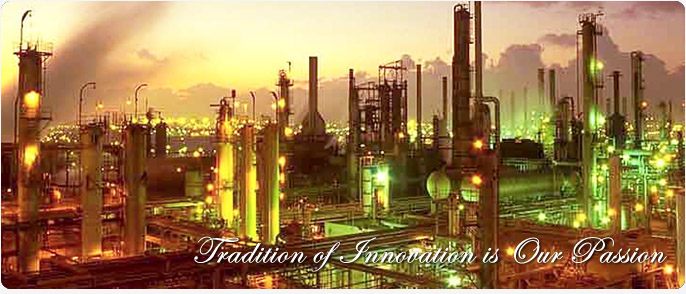
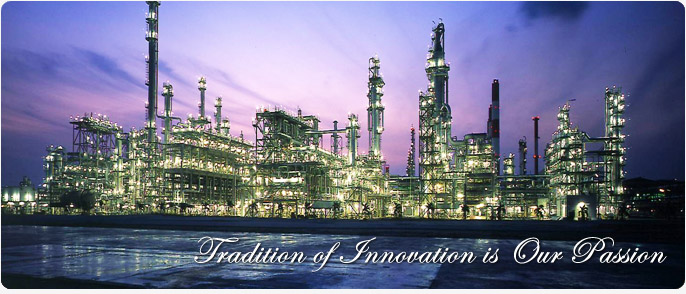

Mahasiswa
Mahasiswa S3, Prodi Teknik Kimia, UGM
- Ratna Dewi Kusumaningtyas (lulus)
- Zahrul Mufrodi (lulus)
- Arif Hidayat
- Heny Dewajani
- Diana
- Daniyanto
- Doni Rahmat Wicakso
- Sunarno
Mahasiswa S2, Prodi Teknik Kimia UGM
- Tya Indah Arifta (lulus Juli 2011)
- Yuli Ristianingsih (lulus Oktober 2011)
- Daniyanto (lulus)
- Dyah Retno Sawitri (lulus)
- Putri Restu Dewati (lulus)
- Ade Kurniawan (lulus)
- Masduki (lulus)
- Yano Surya Pradana (lulus)
- Sulthoni Mukhlis Kurniawan (lulus)
- Retno Renggani (lulus)
- Mitha Puspita (lulus)
Mahasiswa S2, Prodi Biomedis, Fakultas Kedokteran UGM
- Puguh Indrasetiawan
- Rasuane Noor
Mahasiswa S2, Prodi Ilmu Komputer, UGM
- Ardhi Wicaksono
Mahasiswa S2, Prodi Magister Teknik Sistem UGM
- Wanodya Asri Kawentar (lulus)
- Prima Asmara Sejati (lulus)
Mahasiswa S1, Prodi Teknik Kimia UGM
- Gilang Aswardian – Ayu Apriyanti (lulus November 2011)
- Alita Lelyana (lulus November 2011)
- Daniar Rianawati (lulus November 2011)
- Wahyu Widiantara – Widayati Purwaningsih (lulus Pebruari 2011)
- Alvin Gita Raharja-Putranda Yeremia Tumewu (lulus Agustus 2011)
- Priasto S Prasojo (lulus)
- Nur Widiarto Setiaji (lulus)
- Galuh Pinayungan (lulus)
- Nuri Narulita - Zayda Faizah Zahra (lulus)
- Septian Arief Nur Rahman (lulus)
- Nur Rochim – Hafid Sahli Mukaffa (lulus)
- Galuh Pinayungan – Yano Pradana (lulus)
Disamping mahasiswa, PSE research group, mempunyai supporting staff yaitu:
- Sutaryo
Sutaryo
27 Desember 2011 - 02:30
Supporting staff, PSE research group
Berpenampilan kalem dan low profile, serta senang membantu mahasiswa dalam menjalankan penelitian baik dari sisi perancangan alat, proses, dan analisis hasil. Sekilas memang tidak menunjukkan kalau pria yang sehari-hari dipanggil P Taryo ini, merupakan sosok yang menguasai semua aspek teknis penelitian yang ada di PSE research group. Memang, dengan pengalaman yang lebih dari 35 tahun berkecimpung di laboratorium menjadikan dia sosok yang paling dicari oleh mahasiswa S1, S2 dan S3 yang tergabung dalam PSE research group ini.
Doni Rahmat Wicakso
31 Agustus 2015 - 20:22
Program Doktor
Jurusan Teknik Kimia
Universitas Gadjah Mada
Judul Penelitian:
Integrasi Proses Pirolisis Dan Dekomposisi Tar Menggunakan Limbah Kayu Dan Bijih Besi Grade Rendah
Outline Penelitian:
Pirolisis adalah salah satu proses konversi biomassa menjadi energi yang sangat menjanjikan. Sebagaimana diketahui, pirolisis menghasilkan char, tar dan gas. Char adalah produk utama yang digunakan sebagai agen reduksi, sementara tar vapor dan gas adalah produk samping yang mengandung karbon dan energi yang cukup besar. Dalam pirolisis, tar adalah produk yang tidak diinginkan, karena menimbulkan beberapa masalah operasional seperti penyumbatan pipa, korosi dan terbentuknya tar aerosol serta bersifat karsinogenik. Oleh sebab itu, perlu diambil langkah untuk menghilangkan tar atau mendekomposisi tar menjadi bahan bakar gas (syngas), gas H2 dan senyawa-senyawa lain Ada tiga cara untuk menghilangkan tar yaitu proses fisika, non-katalitik dan katalitik, akan tetapi dari segi ekonomi dan teknis proses katalitik paling menjanjikan. Beberapa material yang telah dipelajari oleh banyak peneliti sebagai katalis seperti Ni, Pt, Rh, dan Pd tetapi deaktivasi katalis yang disebabkan oleh deposit karbon menjadi masalah utamanya. Penggunaan bijih besi grade rendah sebagai katalis dapat dipakai sebagai alternative untuk mengatasi permasalahan tersebut, karena deposit karbon yang terbentuk dapat dimanfaatkan dalam proses iron-making sebagai agen reduksi menggantikan kokas.
Penelitian ini akan mengintegrasikan proses pirolisis dan dekomposisi tar menggunakan katalis bijih besi grade rendah. Selain tar yang terdekomposisi atau berkurang, diharapkan bijih besi grade rendah semakin baik kualitasnya untuk digunakan secara langsung dalam proses iron-making.
Sunarno
31 Agustus 2015 - 20:32
Program Doktoral
Jurusan Teknik Kimia
Universitas Gadjah Mada
Judul Penelitian:
Perengkahan Katalitik Bio-oil Tandan Kosong Sawit Menjadi Bahan Bakar Cair
Outline Penelitian:
Jumlah konsumsi Bahan Bakar Minyak (BBM) di Indonesia terus meningkat secara signifikan sementara cadangan minyak bumi terus berkurang. Untuk mengatasi permasalahan ketergantungan terhadap BBM, maka perlu melakukan pengembangan sumber energi alternatif terbarukan. Biomassa tandan kosong sawit (tks) merupakan sumber energi yang sangat menjanjikan dan dapat diproses menjadi bio-oil melalui pirolisis. Namun bio-oil ini belum bisa menggantikan bahan bakar transportasi karena viskositasnya tinggi, kandungan oksigen tinggi dan bersifat korosif. Untuk itu perlu proses upgrading bio-oil, untuk meningkatkan kualitas bio-oil melalui proses reduksi senyawa oksigenat seperti perengkahan katalitik. Namun kelemahan dari proses ini adalah terbentuknya coke yang akan mempengaruhi deaktivasi katalis. Untuk meminimalkan pembentukan coke, maka perengkahan katalitik bio-oil yang berasal dari tks dilakukan dalam reaktor alir pipa seri pada tekanan atmosferik dengan katalis zeolit yang berukuran mesopori. Tujuan dari penelitian ini adalah untuk mempelajari pengaruh suhu perengkahan katalitik dan ketebalan bed katalis terhadap selektivitas hidrokarbon aromatik khususnya gasolin, mempelajari kinetika reaksi perengkahan katalitik bio-oil dan mempelajari metode analisis eksergi pada proses tersebut. Sistem peralatan yang digunakan terdiri dari reaktor pipa, tangki umpan, pompa umpan, furnace, kompor gas LPG, kondensor dan pompa air pendingin. Proses ini dijalankan secara kontinyu dengan laju alir bahan baku bio-oil 10 ml/menit dan analisa produk dilakukan dengan GC-MS.





